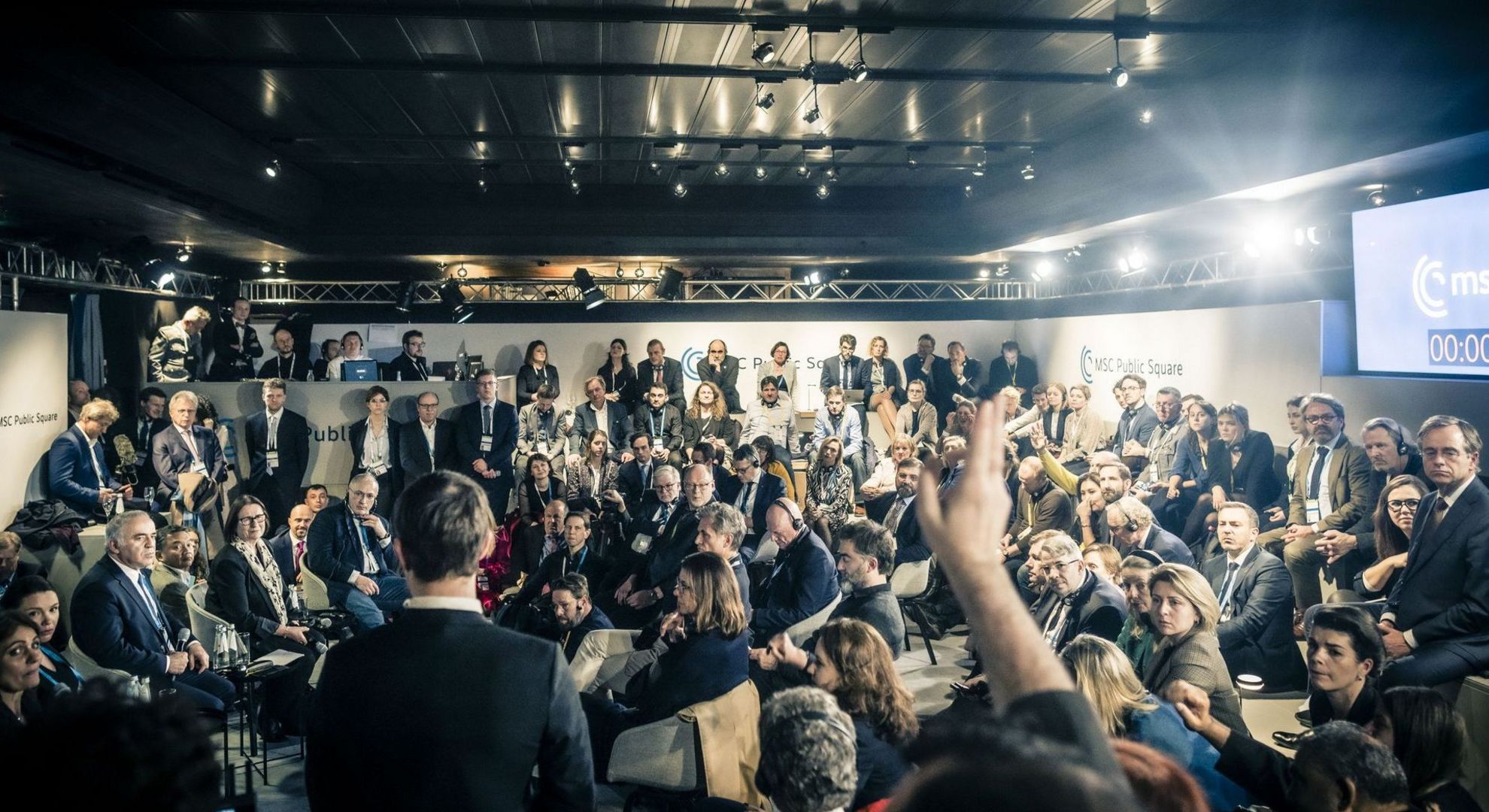Richard Javad Heydarian, Professorial Chairholder in Geopolitics, Polytechnic University of the Philippines
Feb 26, 2024
A New Cold War is not in the interest of either the U.S. or China, particularly given the volatility in the Middle East. In fact, the two nations share common interests in the region, and the threat of widespread conflict should inspire an element of strategic sobriety and tactical cooperation.
Richard Weitz, Senior Fellow, Hudson Institute
Feb 26, 2024
While Lai Ching-te’s victory in Taiwan’s elections was expected, the parliamentary vote for the Legislative Yuan was less predictable, leading to a presidential administration that lacks a parliamentary majority for the first time in many years. But ultimately, the election’s impact on cross-Strait relations Sino-American relations remains to be seen.

Fan Gaoyue, Guest Professor at Sichuan University, Former Chief Specialist at PLA Academy of Military Science
Feb 22, 2024
NATO appears to be preparing to send troops to Ukraine, as the alliance believes it must defeat Russia at all costs. If it does intervene, it will create two major risks that could pull the world into an abyss: A conventional war could become a nuclear war, and a local war could become a world war.
Jin Liangxiang, Senior Research Fellow, Shanghai Institute of Int'l Studies
Feb 21, 2024
While its name symbolizes the unity of three religions, the Abraham Process is not peaceful by nature. The United States should be aware that no successful process can emerge without a resolution of Palestine question, which is at the core of the regional agenda.

Sun Chenghao, Fellow, Center for International Security and Strategy of Tsinghua University; Munich Young Leader 2025
Feb 21, 2024
Attendees at the recent security conference could sense Europe’s anxiety about the future. The conference and its report reflected the current unsettled European mindset: Amid increasingly tense geopolitics and economic uncertainty, it sees movement away from global cooperation.
Sebastian Contin Trillo-Figueroa, Geopolitics Analyst in EU-Asia Relations and AsiaGlobal Fellow, The University of Hong Kong
Feb 21, 2024
The ongoing war in Ukraine stands as the paramount geopolitical clash of the 21st century, heralding a definitive return to realpolitik in global governance.
Xiao Bin, Deputy Secretary-general, Center for Shanghai Cooperation Organization Studies, Chinese Association of Social Sciences
Feb 20, 2024
Judging from the current international mood, neither an armistice nor peace talks will likely come about this year, and the war will continue to drag on between Russia and Ukraine. At some point, it will become politically untenable in the West and financially unsustainable in Russia.
Sebastian Contin Trillo-Figueroa, Geopolitics Analyst in EU-Asia Relations and AsiaGlobal Fellow, The University of Hong Kong
Feb 05, 2024
The EU must strike a balance on its Taiwan policy, akin to other major powers, and have a comprehensive strategy. As the U.S. elections approach, which will have significant geopolitical implications for the self-governed island, Europe, a potential pivotal player, must carefully consider moves to uphold credibility on the global stage and maintain a coherent and principled foreign policy.
Brian Wong, Assistant Professor in Philosophy and Fellow at Centre on Contemporary China and the World, HKU and Rhodes Scholar
Feb 05, 2024
Economic rejuvenation requires Beijing to pragmatically re-engage with the West, establishing clear commitment to China being a stable, certain, and transparent environment for foreign businesses. What would this re-engagement look like?
Leonardo Dinic, Expert in Geopolitics and International Business, the Future of Work, and Emerging Technologies
Feb 05, 2024
The role of the U.S. and China is pivotal in shaping the potential outcomes of the Israel-Gaza conflict, and while China already supports more balanced developments, Washington should take notes and implement a diplomatic solution that considers the needs of all peoples and communities.
Back to Top

- China-US Focus builds trust and understanding between the U.S. and China through open dialogue among thought leaders.
- Our Offerings
- Topics
- Videos
- Podcasts
- Columnists
- Research Reports
- Focus Digest
- Stay Connected
-
Thanks for signing up!
- Get the latest stories from China-US Focus weekly.